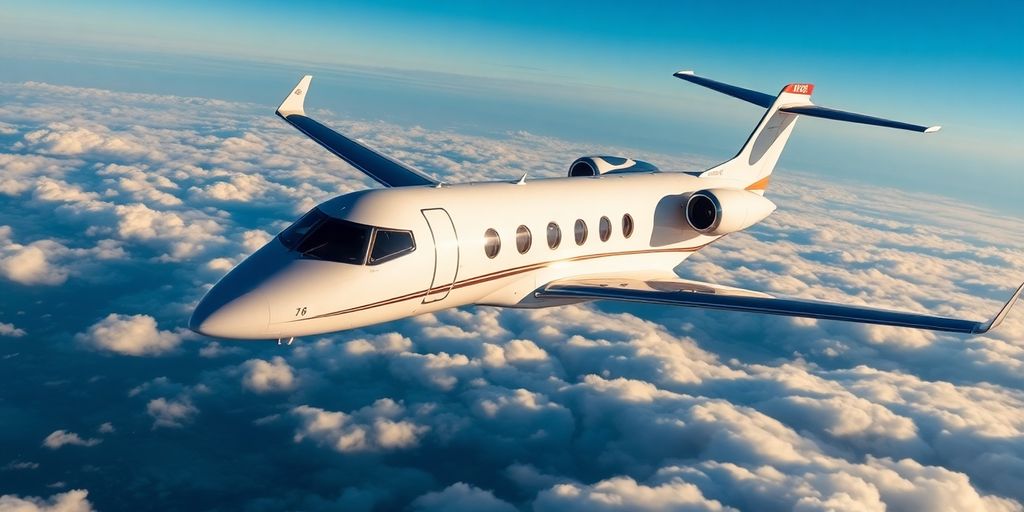A recent amendment to U.S. law has sparked controversy by allowing private jet owners to keep their registration information anonymous, effectively shielding billionaires from public scrutiny regarding their carbon emissions. This change, part of the Federal Aviation Administration reauthorization bill, raises significant concerns about environmental accountability among the wealthy elite.
Key Takeaways
- New law permits anonymity for private jet owners, complicating tracking of emissions.
- Celebrities like Elon Musk and Taylor Swift have faced backlash for their private jet usage.
- Environmental impact of private jets is substantial, with emissions far exceeding those of commercial flights.
- Critics argue the law undermines transparency and accountability for the wealthy.
The New Legislation
The amendment to the Federal Aviation Administration (FAA) reauthorization bill allows private jet owners to anonymize their registration details. Previously, aircraft owners were required to register their planes publicly, enabling tracking through open radar systems. This new law makes it significantly more challenging to monitor private jet activity, a move that has been welcomed by some high-profile individuals who have faced criticism for their environmental impact.
Celebrity Backlash and Public Scrutiny
High-profile figures such as Elon Musk and Taylor Swift have been under fire for their private jet usage, particularly after a student named Jack Sweeney tracked their flights and estimated their carbon emissions. For instance, Taylor Swift’s jets reportedly emitted around 1,200 tons of CO2 in 2023, a figure that far exceeds the average American’s annual emissions.
The scrutiny has led to calls for greater privacy among private jet owners, with Musk even threatening legal action against Sweeney. The public’s interest in tracking these emissions has raised questions about the environmental responsibilities of the wealthy.
Environmental Impact of Private Jets
Private jets are known to have a disproportionately high environmental impact. Here are some key points regarding their emissions:
- Fuel Consumption: Private jets carry fewer passengers compared to commercial flights, resulting in higher fuel consumption per passenger.
- Surge in Usage: The use of private jets has surged in recent years, now accounting for one in every six flights in the U.S.
- Tax Contributions: Despite their significant carbon footprint, private jet travelers contribute only about 2% of the taxes that fund the FAA, according to a report from May 2023.
Public Reaction and Future Implications
The new law has drawn criticism from environmental advocates who argue it allows the wealthy to evade accountability for their carbon footprints. Critics fear that this lack of transparency could hinder efforts to address climate change effectively.
However, Jack Sweeney has stated that tracking private jets is still possible despite the new anonymity provisions. He mentioned on social media that context clues could still help identify aircraft owners, suggesting that the push for accountability may continue.
Conclusion
As the debate over climate change intensifies, the implications of this new law could have lasting effects on public perception of wealth and environmental responsibility. The ability to track emissions from private jets is crucial for understanding the environmental impact of the affluent, and this legislation may complicate efforts to hold them accountable. The conversation surrounding private jet emissions is far from over, and it remains to be seen how this law will influence future discussions on climate accountability among the rich and famous.

